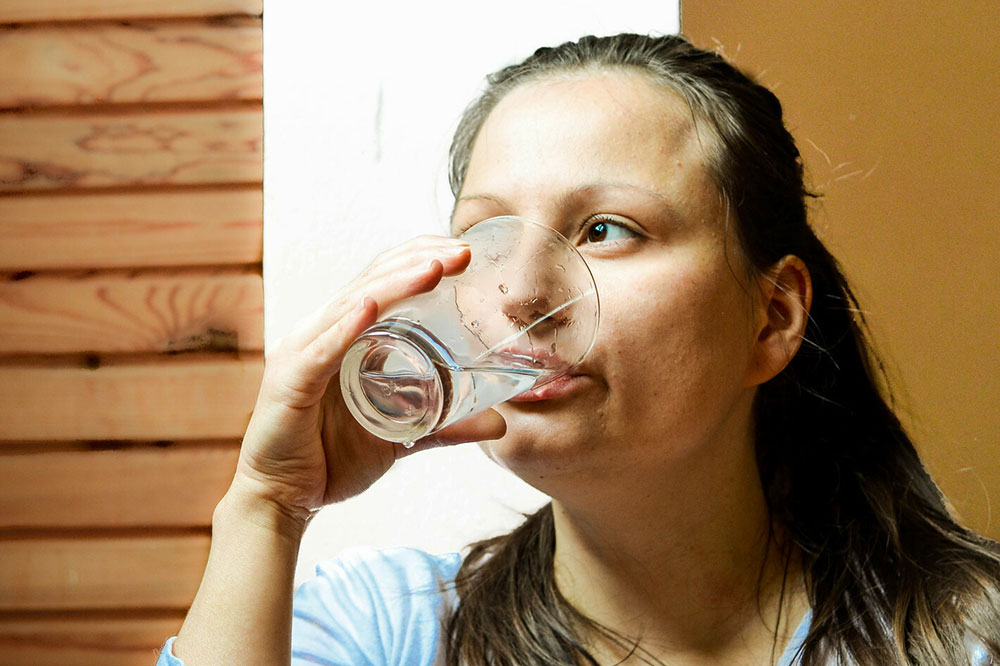The risk factors associated with dehydration
Dehydration is the loss of fluids from one’s body. It can be caused due to something as simple as not having an adequate water intake or perhaps a severe medical side effect. The symptoms of fluid loss caused due to this condition can affect people of all ages. From toddlers and infants to older adults, one can experience mild to severe dehydration depending on the primary cause of the same.

Herein, we shall try and understand the severity and risk factors associated with dehydration in people of different ages.
Children and infants
At a very young age, infants and children are more susceptible to bacterial infections that cause vomiting and diarrhea. Both result in the rapid loss of fluids. Note that infants lose more fluids in comparison to adults. Young children, especially toddlers, unlike adults, may also not realize when they are thirsty. This increases the risk of staying dehydrated unknowingly until severe symptoms indicate the same. It is one of the main reasons why doctors prescribe electrolyte-rich fluids for children experiencing a high fever to help replenish the lost fluids.
Seniors and older adults
Adults after a certain age face more difficulties as the body gradually loses its ability to conserve water. One’s sense of thirst also becomes acute with old age, which further increases the risk. Individuals might not feel thirsty enough to have the recommended intake of water every day, further causing problems due to the loss of fluids. Furthermore, dehydration can be a direct result of certain prescription medications used for treating diabetes. The side effects can result in a fluid imbalance as medications increase the urine output, thus resulting in a higher loss of fluids from the body. Many medications also list vomiting and diarrhea as potential side effects and both can trigger a severe loss of fluids in the body.
People suffering from chronic illness/stress
A chronic illness, especially one that is associated with the normal kidney function, significantly increases the chances of suffering from dehydration. Disorders of the digestive tract, including irritable bowel syndrome present nausea and chronic diarrhea as the primary symptoms, automatically triggering an involuntary fluids loss. Stress is also a contributing factor as elevated stress levels in the body can compromise the production of aldosterone, a vital hormone that regulates fluid and electrolyte levels in the body. Loss of this regulatory function compromises the body’s ability and can result in more complications with associated medical conditions.
Pregnant women or women experiencing their period
Fluids are essential for blood circulation and to help maintain the right viscosity in the body. Heavy periods result in blood loss that, in turn, can cause severe dehydration if the fluids are not replenished. It is also during the time of periods that women experience a drop in the body’s hydration levels due to high estrogen and progesterone activity. During pregnancy, nausea and vomiting are common discomforts experienced due to morning sickness. In this time, one’s overall blood output and cardiac activity are high and that demands more fluids to support vital functions. It thus becomes crucial to supplement the body with natural and artificial supplements to counter the loss of fluids.




